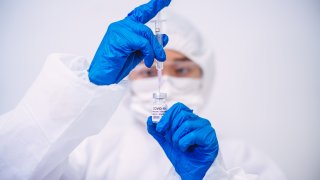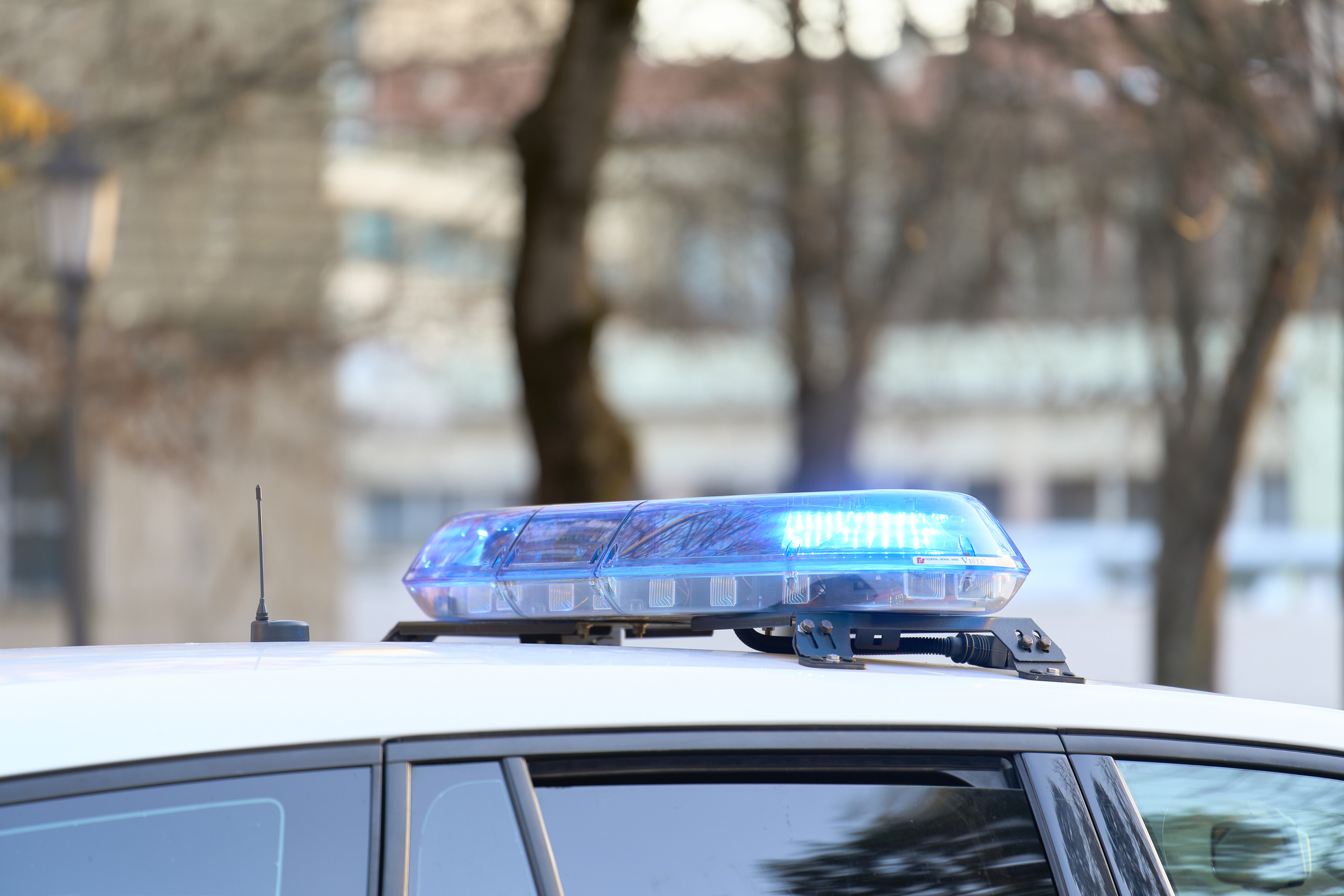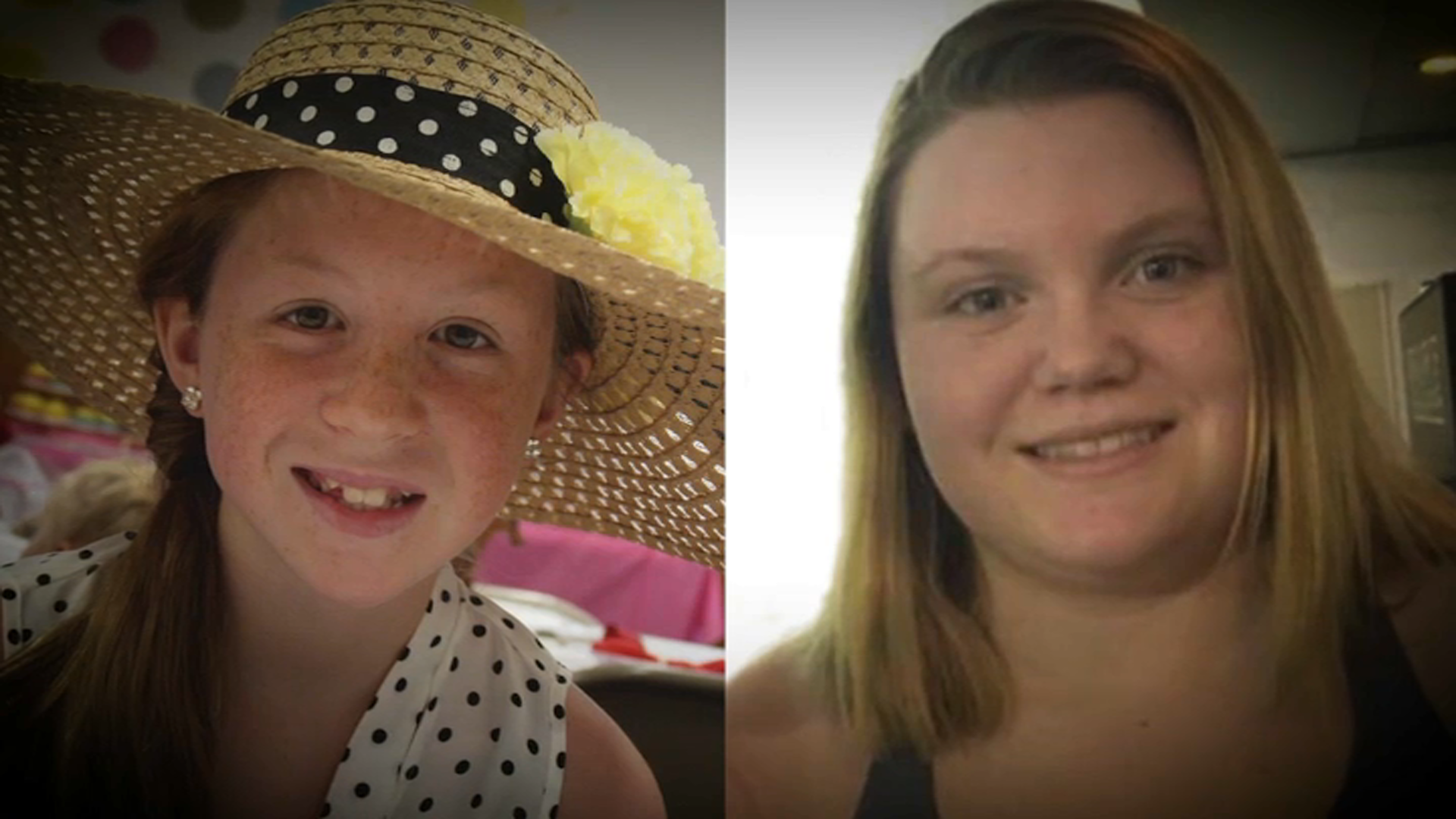
Illinois health officials have administered over 200,000 total coronavirus vaccine doses statewide outside of Chicago as of Wednesday.
Gov. J.B. Pritzker said health officials have administered approximately 207,106 COVID-19 vaccine doses, including Tuesday's first round of second doses for the initial recipients.
"So far approximately one-third of our healthcare workforce outside of Chicago has received the vaccine. IDPH continues to work with local health officials to ensure the rapid administration of these vaccines to all members of Phase 1A who consent," Pritzker said.
About 344,525 total doses of the Pfizer and Moderna COVID-19 vaccines have been delivered to Illinois outside of Chicago, according to Pritzker.
He added that 114,075 vaccine doses in Illinois have been set aside for the federal government's long term care facility vaccination program statewide with the exception of Chicago.
"[The] first phase includes health care workers and nursing homes and long-term care facility residents and staff, which we now approximate as 850,000 eligible Illinoisans," Pritzker said.
During Wednesday's press conference, Pritzker announced the state's plan for the next phase of its coronavirus vaccine rollout.
Local
Phase 1B will center on residents age 65 years and older and "frontline essential workers," including first responders, education workers like teachers and support staff, childcare workers, grocery store employees, postal service workers, and more.
The age requirement in Illinois is 10 years lower than the recommendations from the Advisory Committee on Immunization Practices, "in order to reduce COVID-19 mortality and limit community spread in Black and Brown communities," the governor said.
According to data, the average age of COVID-19 death is 81 for white residents, 72 for Black residents and 68 for Latino residents.
“With limited amounts of vaccine available at this time, it is important to prioritize individuals who are at greatest risk of exposure to COVID-19 and those at greatest risk of severe illness or death,” Illinois Department of Public Health Director Dr. Ngozi Ezike said in a statement. “Generally, Latinx and Black populations have been disproportionately impacted by COVID-19 with data showing related deaths at younger ages. We are hopeful that by lowering the eligibility age to 65 years we can help reduce this disparity.”
The next phase will be "when Phase 1A is substantially complete," Pritzker said.
Phase 1B will include roughly 3.2 million Illinois residents, according to the state.
“ACIP’s guidance serves as the foundational blueprint for Illinois’ Phase 1B plan, with one key adjustment: here in Illinois we are more strongly pursuing equity in the distribution of our vaccinations,” Pritzker said in a statement. “For people of color, multi-generational institutional racism in the provision of healthcare has reduced access to care, caused higher rates of environmental and social risk, and increased co-morbidities. I believe our exit plan for this pandemic must, on balance, overcome structural inequalities that has allowed COVID-19 to rage through our most vulnerable communities.”
Here's a look at who will be included in Phase 1B:
- Residents age 65 and over
- Frontline essential workers, which means "residents who carry a higher risk of COVID-19 exposure because of their work duties, often because they are unable to work from home, and/or they must work closely to others without being able to socially distance. This includes:
- First responders: Fire, law enforcement, 911 workers, security personnel, school officers
- Education: Teachers, principals, student support, student aids, day care worker
- Food and agriculture: Processing, plants, veterinary health, livestock services, animal care
- Manufacturing: Industrial production of good for distribution to retail, wholesale or other manufactures
- Corrections workers and inmates: Jail officers, juvenile facility staff, workers providing in-person support, inmates
- USPS workers
- Public transit workers: Flight crew, bus drivers, train conductors, taxi drivers, para-transit drivers, in-person support, ride sharing services
- Grocery store workers: Baggers, cashiers, stockers, pickup, customer service
- Shelters and day care staff: Homeless shelter, women’s shelter, adult day/drop-in program, sheltered workshop, psycho-social rehab



